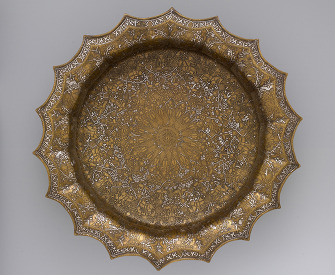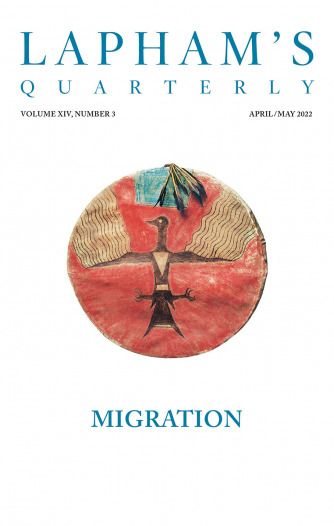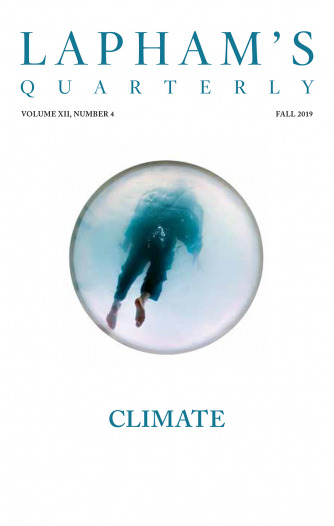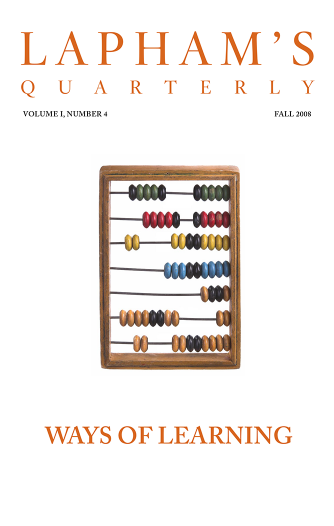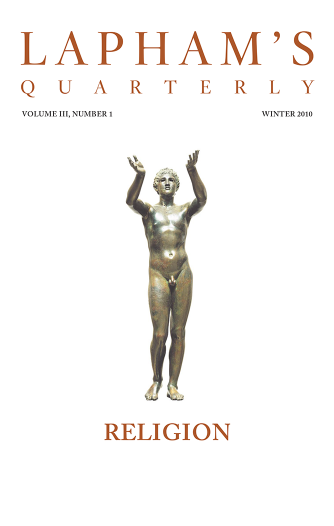
Ibn Khaldun
(1332 - 1406)
Born in Tunis, Ibn Khaldun belonged to one of Seville’s most powerful political families, which left the city right before its fall to the Christian conquests in 1248. He is credited with developing one of the earliest nonreligious philosophies of history. Before he became a historian, Ibn Khaldun spent more than twenty years a diplomat and politician working in Granada and Fez, among other places. In 1375 he retreated to an Algerian castle, where he began his masterwork, in which he sought to develop “a science of culture.”
